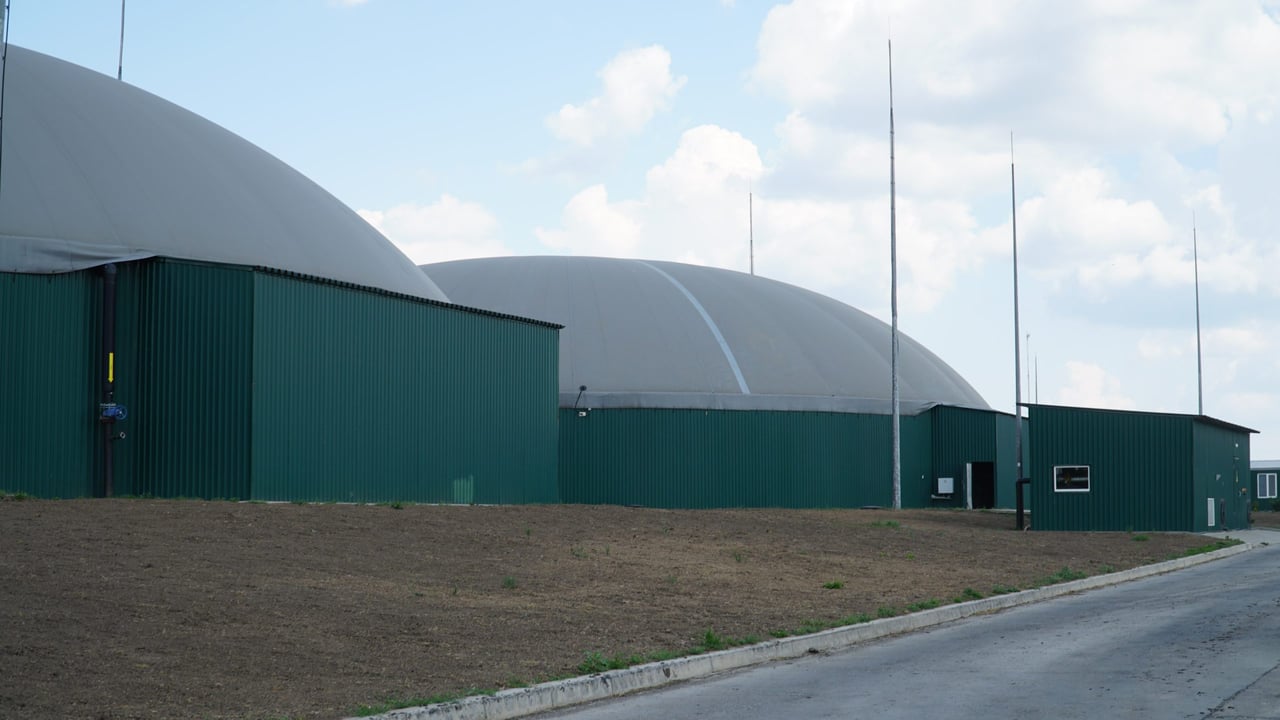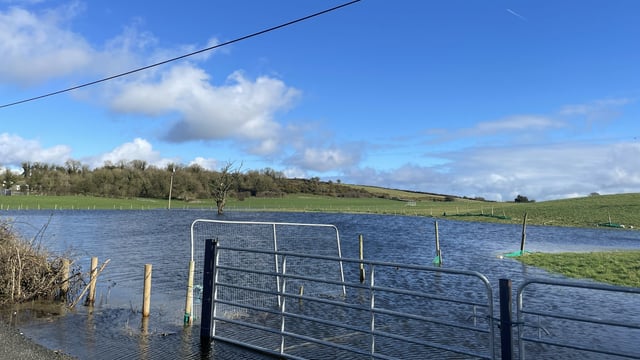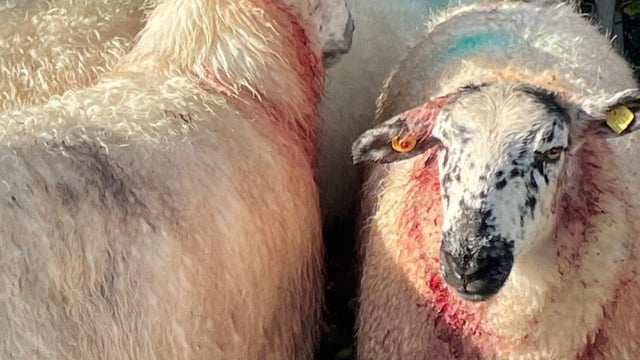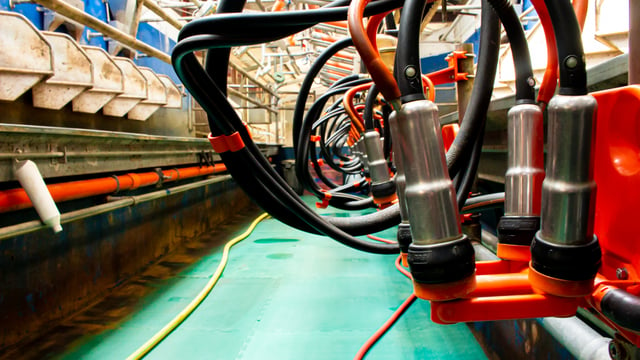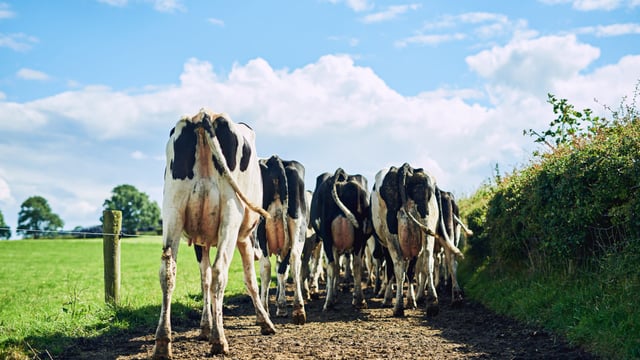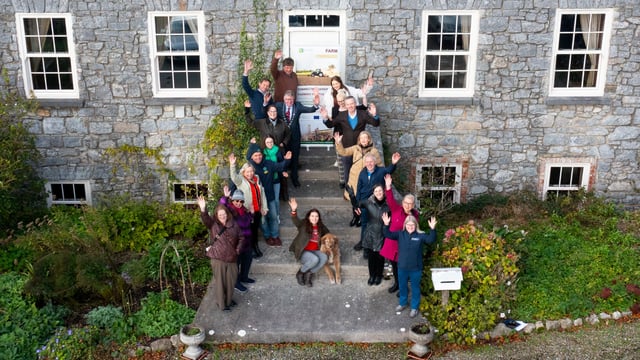AD could improve water quality and 'mitigate the nitrate derogation' - charter
It is estimated that grass silage from 120,000 hectares and 20% of total winter cattle slurry will be needed to supply Anaerobic Digestion (AD) plants as part of the government's National Biomethane Strategy.
That is according to a new Biomethane Environmental Sustainability Charter published today (Wednesday, November 5).
The charter also reiterates the government's commitment to "supporting the ambitious target of up to 5.7TWh of indigenous produced biomethane by 2030".
The new charter builds on existing "existing regulatory or legal obligations and sets out best practice guidelines to maximise the benefits of AD".
It also sets out 17 commitments and eight recommendations to ensure "the successful roll-out of an agri-led biomethane industry".
These include digestate management; sustainable feedstock production; plant design and operation and community and local engagement.
According to the Minister for Agriculture, Food and the Marine, Martin Heydon, the publication of the Biomethane Environmental Sustainability Charter is "another important milestone in the development of the biomethane sector in Ireland".
AD
Minister Heydon said: “From an agricultural perspective there are clear benefits in terms of contributing to the delivery of renewable energy targets.
"Along with the opportunity to diversify farm incomes, the biomethane sector also represents a pathway for farmers to reduce fertiliser usage through the increased availability of domestically produced digestate.”
The charter sets out that AD plants must be expected to meet the highest of "environmental and industry standards".
It also details that AD offers an opportunity to "add value to animal slurry by processing it into a safe and valuable product and ensures that nutrients can be fractionated and targeted".
According to the charter EU approval and implementation of the proposed ReNure amendment to the nitrates directive would allow for farms to use further processed digestate from an AD plant.
"AD with digestate and manure processing will allow for centralised management of manure in areas of surplus nutrients and creates an opportunity to support compliance with the nitrates directive limits," it is outlined in the charter.
"This has the potential to be instrumental in the improvement of water quality and mitigate the nitrate derogation," it was also highlighted.
Digestate
According to the new charter published today the proposed circular system of AD in Ireland would also allow farmers to grow grass using digestate "obtained from an AD plant in the local proximity".
"This digestate will serve as an alternative to chemical fertilisers, thus reducing the need for chemical fertilisers in agriculture," it outlined.
One of the key recommendations in the charter is that "agricultural feedstocks should be sourced locally to reduce transportation emissions and support local agriculture in the locality of the AD plan".
The charter also acknowledges that while AD "is a well-proven, mature technology globally and in parts of Europe" it is a relatively new and unknown renewable energy technology in Ireland.
"A successful biomethane industry will rely on good local stakeholder engagement, as well as the sharing of broader national information," it was outlined.
IrBEA
According to Seán Finan, chief executive of the Irish Bioenergy Association (IrBEA) the publication of the new charter today "provides for a set of practical recommendations and commitments that will help to drive the development of an environmental sustainably biomethane sector in Ireland".
"This charter will be important to promote the positive and sustainable benefits an agri-centric biomethane industry can play in Ireland and the benefits it can bring across many areas and aspects of society," he added.

